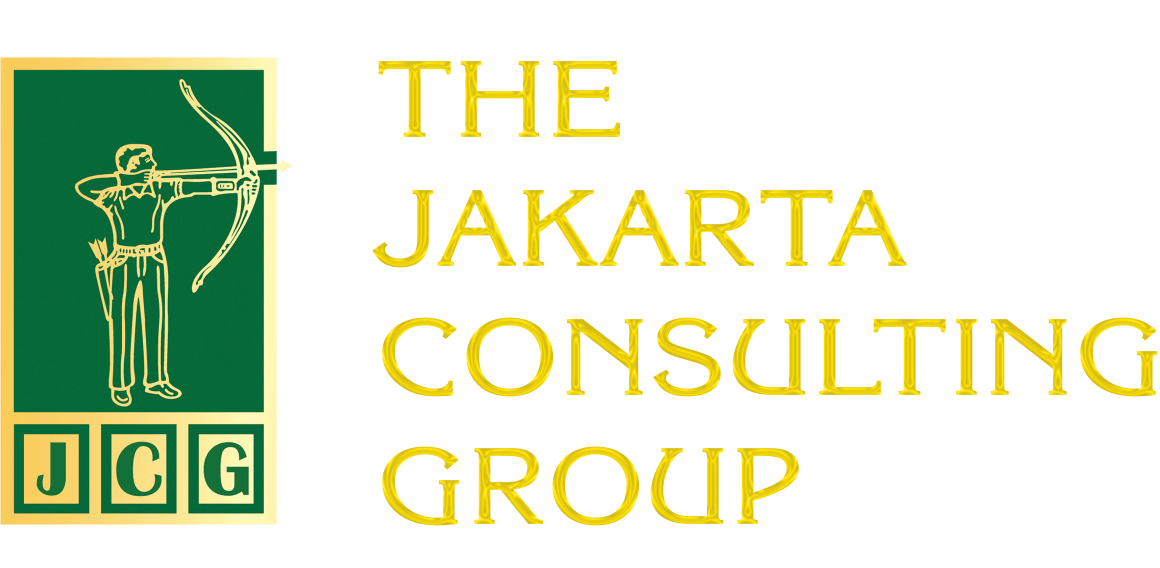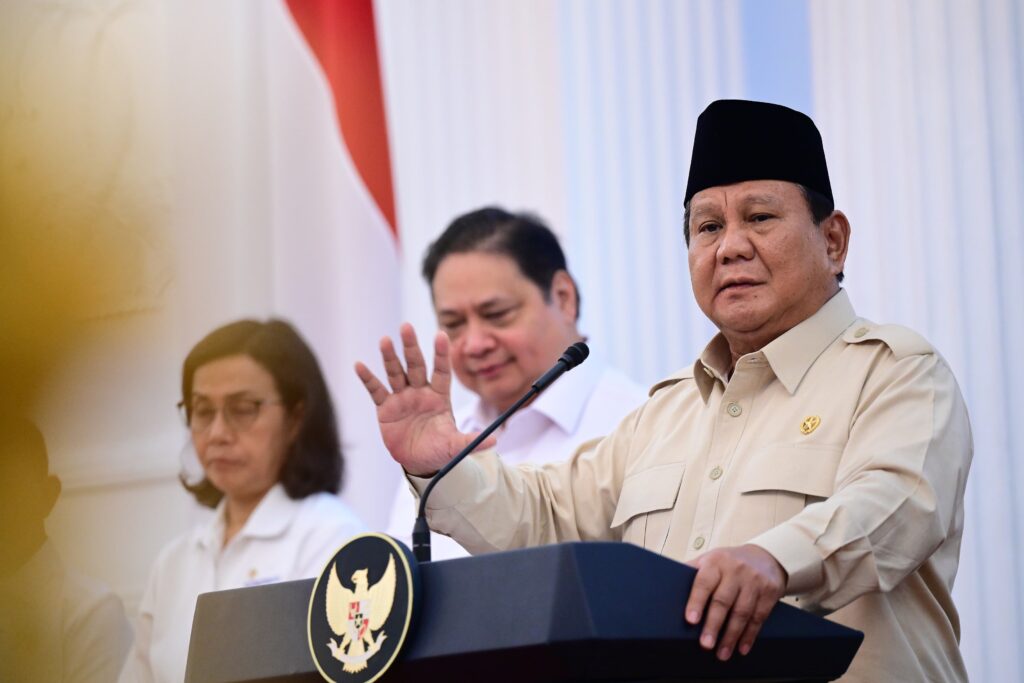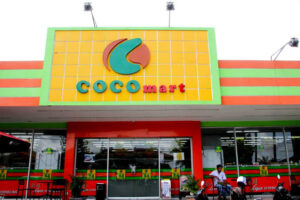“United villages, a prosperous Indonesia. The Red and White Village Cooperatives must be managed professionally, transparently, and accountably. I am confident that village heads across Indonesia have good intentions to advance and improve the welfare of their villagers. The Red and White Cooperatives are tools to accelerate development and progress in villages throughout Indonesia.” This was stated by Cooperative Minister Budi Arie Setiadi regarding the Red and White Village Cooperatives.
Presidential Instruction
Through the issuance of Presidential Instruction No. 9/2025, President Prabowo Subianto instructed all ministries, agencies, and regional heads to accelerate the formation of 80,000 village cooperatives. Prabowo stated that the development of cooperatives is an effort to promote food self-sufficiency and village development for economic equality.
In the formation of the Red and White Cooperative, Prabowo issued seven directives to the Minister of Cooperatives. One of Prabowo’s requests is for the Minister of Cooperatives to develop a business model that includes institutional relationship schemes between cooperatives and village/subdistrict governments, as well as other economic institutions within the administrative area.
Building the Red and White Cooperative Ecosystem

As quoted by Tempo.co, there are seven mandatory business units within the cooperative ecosystem. These seven units are the cooperative office, a basic goods supply kiosk, a savings and loan business unit, a village/subdistrict health clinic, a village or subdistrict pharmacy, a warehousing system or cold storage facility, and logistics infrastructure. Beyond these, Village Cooperatives are free to develop the potential of their villages and subdistricts.
The slogan “United Villages, Prosperous Indonesia,” which embodies this spirit, serves as the foundation for President Prabowo Subianto’s policy through Presidential Instruction (Inpres) No. 9 of 2025, which initiated the formation of the Red and White Village Cooperatives. This initiative is a strategic effort to promote economic equality, enhance village self-reliance, and achieve national food self-sufficiency.
Challenges
With the ambition to establish 80,000 cooperatives across Indonesia, the greatest challenge is not merely forming cooperatives but ensuring their management is professional, transparent, and accountable.
At the village level, cooperatives are more than just business entities. They serve as a collective platform for communities to meet basic needs, including food, financing, healthcare services, and goods distribution. Experience has proven that cooperatives can transform local potential into a tangible economic force.
With seven mandatory units within the ecosystem of the Red and White Cooperative, cooperatives are no longer viewed as small, peripheral entities but as the centre of village economic activity. Therefore, cooperatives can no longer be managed haphazardly. Professional management is essential,
Professionalism in Red and White Cooperatives
We must first understand the meaning of professionalism in the context of village cooperatives. Professionalism is closely related to actual capabilities, integrity in work, clear accountability, and a focus on achieving results.
Here are some key principles that must be applied in cooperative management:
1. A well-structured management system
The board of directors, daily managers, and administrative staff of the Red and White Cooperative must have clearly defined roles. Every member of the cooperative must fully understand their respective duties in accordance with the established standard operating procedures. If not, the cooperative can become chaotic: prone to conflicts among members and inefficient management.
2. Financial transparency
This is a weakness of many cooperatives in Indonesia. Financial reports must be prepared regularly. However, this is not enough. These financial reports must be audited and disclosed to members.
Merah Putih Cooperative is collectively owned. It is the ethical and legal obligation of the cooperative to uphold transparency. With transparency, trust will be built.
3. Accountability
Cooperative administrators are primarily responsible for all management and policies of the cooperative. The accountability mechanism must be clear: through member meetings, periodic reports, and performance evaluations.
4. Excellent human resources

Village heads and cooperative administrators need to be equipped with comprehensive training, ranging from how to manage finances, run a business, organize distribution of goods, to good leadership.
Professional skills cannot be acquired instantly, but must be continuously honed through learning, mentoring, and hands-on practice.
5. Learning from the past
So far, cooperative management has been chaotic. This is marked by a lack of concern for ethics and clarity of direction. If it wants to succeed, the Merah Putih Cooperative must learn from its mistakes so as not to fall into the same pitfalls.
6. Mechanisms for cooperation between cooperatives
Furthermore, President Prabowo Subianto has asked the Minister of Cooperatives to design a mechanism for cooperation between cooperatives, village governments, and various other economic institutions. This is considered crucial given that village cooperatives do not operate in isolation but serve as a link between community aspirations and government programs.
The Red and White Cooperative must be managed like a world-class company, upholding integrity, efficiency, sustainability, innovation, and other positive values. All stakeholders must work together to drive this cooperative forward with modern management and a high work ethic.
Related Posts:
Does Appearance Affect Your Career? Addressing the Phenomenon of Beauty Privilege in the Workplace
The Controversy of Budget Efficiency and Learning for Organizations
FIRE Movement: Financial Strategy to Be Able to “Retire” at a Young Age
The Controversy of Budget Efficiency and Lessons for Organizations
Post-election 2024; Time for the Business World to Prepare New Strategies











